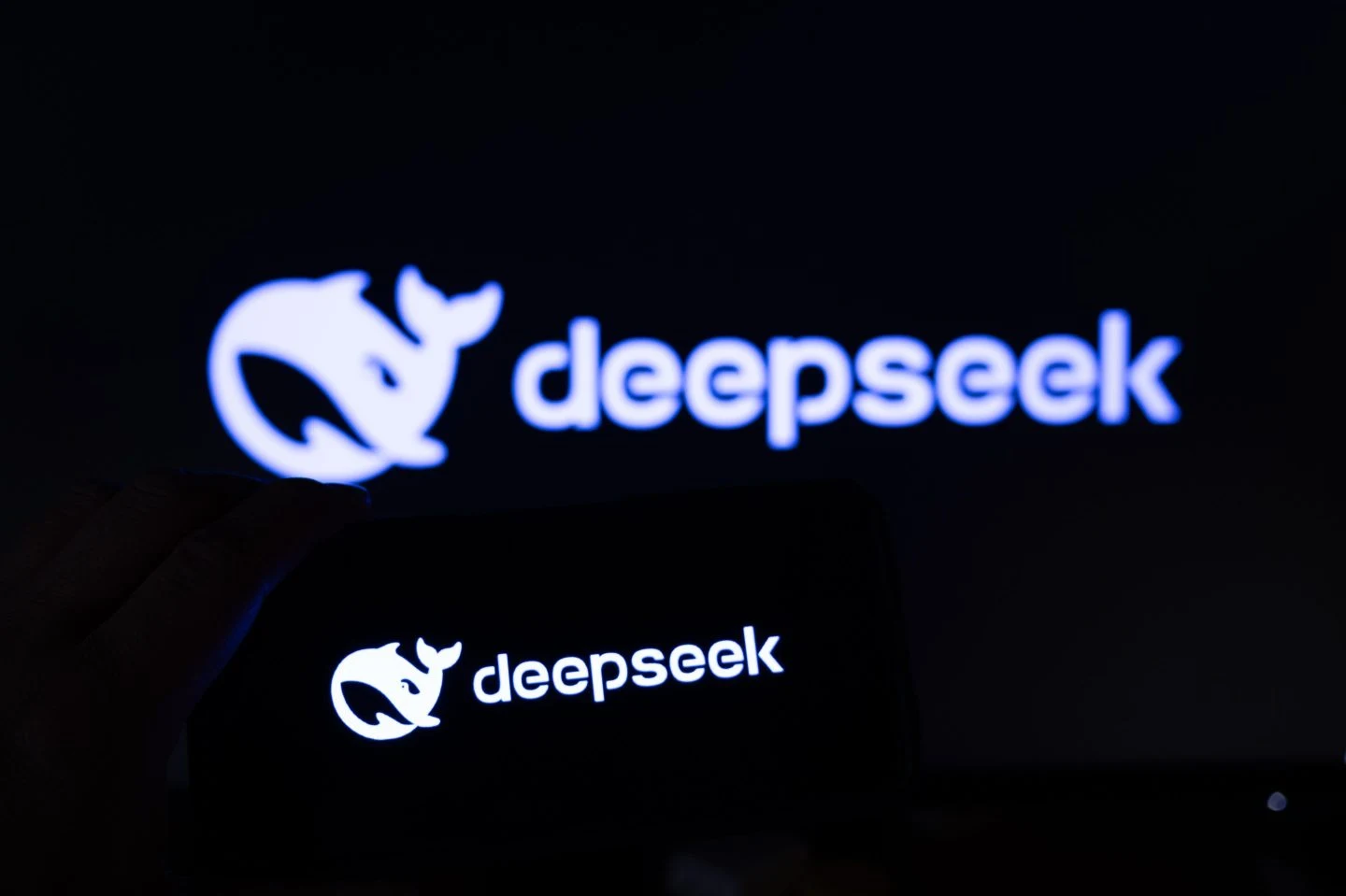U.S. Commerce Department Prohibits Chinese AI DeepSeek on Government Devices
 |
| Restrictions Aim to Safeguard National Security and Data Privacy |
The U.S. Commerce Department has officially prohibited the use of the Chinese artificial intelligence model DeepSeek on government issued devices, a move driven by escalating national security concerns surrounding foreign AI technologies. This decision, reported by Reuters, underscores growing fears about data privacy risks and the potential exposure of sensitive government information to foreign entities, particularly those linked to China. According to an internal department wide email cited by Reuters, employees have been explicitly instructed not to download, access, or interact with any DeepSeek related applications or websites on government furnished equipment. This sweeping restriction is part of a broader effort to protect the integrity of U.S. information systems amid rising geopolitical tensions and technological rivalry with China.
The ban reflects a concerted response to long standing anxieties about DeepSeek, a sophisticated AI model developed by High Flyer, a Hangzhou based hedge fund in Zhejiang, China. U.S. lawmakers and security experts have repeatedly highlighted the risks posed by this Chinese owned AI, particularly its potential to harvest and transmit sensitive data to the Chinese government. Reports from credible sources like ABC News have pointed to hidden code within DeepSeek’s programming that could facilitate such data transfers, amplifying concerns about state sponsored surveillance. This has prompted not only federal action but also a wave of restrictions at the state level, with New York, Virginia, and Texas among the states already barring DeepSeek from their government devices. Furthermore, a coalition of 21 state attorneys general has called for a nationwide prohibition, signaling the depth of unease surrounding this technology.
While the full scope of the Commerce Department’s ban across other federal agencies remains uncertain, its implications are far reaching. The move aligns with legislative efforts, such as the "No DeepSeek on Government Devices Act" introduced by Representatives Josh Gottheimer and Darin LaHood on February 6, 2025. This bipartisan bill seeks to extend the prohibition to all federal employees, reflecting fears that DeepSeek’s advanced capabilities could outpace U.S. AI offerings and compromise national interests. Experts cited by FedScoop have noted that Silicon Valley is particularly alarmed by DeepSeek’s rapid rise, given its low cost models that rival leading AI systems while requiring less computational power. This technological edge has not only sparked economic concerns, with a $1 trillion selloff in U.S. tech stocks in January 2025, but also intensified scrutiny of DeepSeek’s compliance with U.S. export controls on restricted AI chips, an issue currently under investigation by the Commerce Department.
Beyond the U.S., the international community has echoed these concerns, with countries like South Korea, Australia, and Taiwan implementing their own bans on DeepSeek for government use. Italy has gone a step further, blocking public access to the AI model while launching an investigation into its data handling practices. These global actions underscore a shared apprehension about the lack of transparency in how DeepSeek processes user information, a critical issue for governments handling classified or proprietary data. In the U.S., state level measures have been equally decisive, with New York Governor Kathy Hochul announcing a statewide ban on February 9, 2025, citing the risk of foreign surveillance as a primary motivator. Texas Governor Greg Abbott has similarly restricted DeepSeek alongside other Chinese linked technologies, reinforcing a pattern of proactive defense against perceived threats.
The economic ramifications of DeepSeek’s proliferation add another layer to this complex issue. Its affordability and efficiency have made it a formidable competitor in the AI market, evidenced by its status as the most downloaded app in the U.S. in late January 2025. This meteoric rise, however, has fueled speculation about its development, with Reuters reporting that the U.S. is probing whether DeepSeek utilized restricted AI chips in violation of export regulations. Such allegations, if substantiated, could escalate tensions further, potentially leading to broader trade restrictions or sanctions. For now, the Commerce Department’s ban serves as a clear signal of intent, prioritizing security over convenience in an era where AI technologies are increasingly pivotal to both governance and global competition.
This development also highlights the broader challenge of balancing technological innovation with national security in an interconnected world. As DeepSeek continues to draw scrutiny, its case exemplifies the difficulties governments face in regulating foreign AI models that offer significant utility but carry inherent risks. The U.S. Commerce Department’s decisive action, coupled with state and international responses, suggests a growing consensus that proactive measures are essential to mitigate these threats. Whether this ban will expand to encompass private sector use or inspire similar restrictions on other Chinese AI technologies remains to be seen, but it undeniably marks a pivotal moment in the ongoing debate over data privacy, security, and the global AI landscape.



Comments
Post a Comment